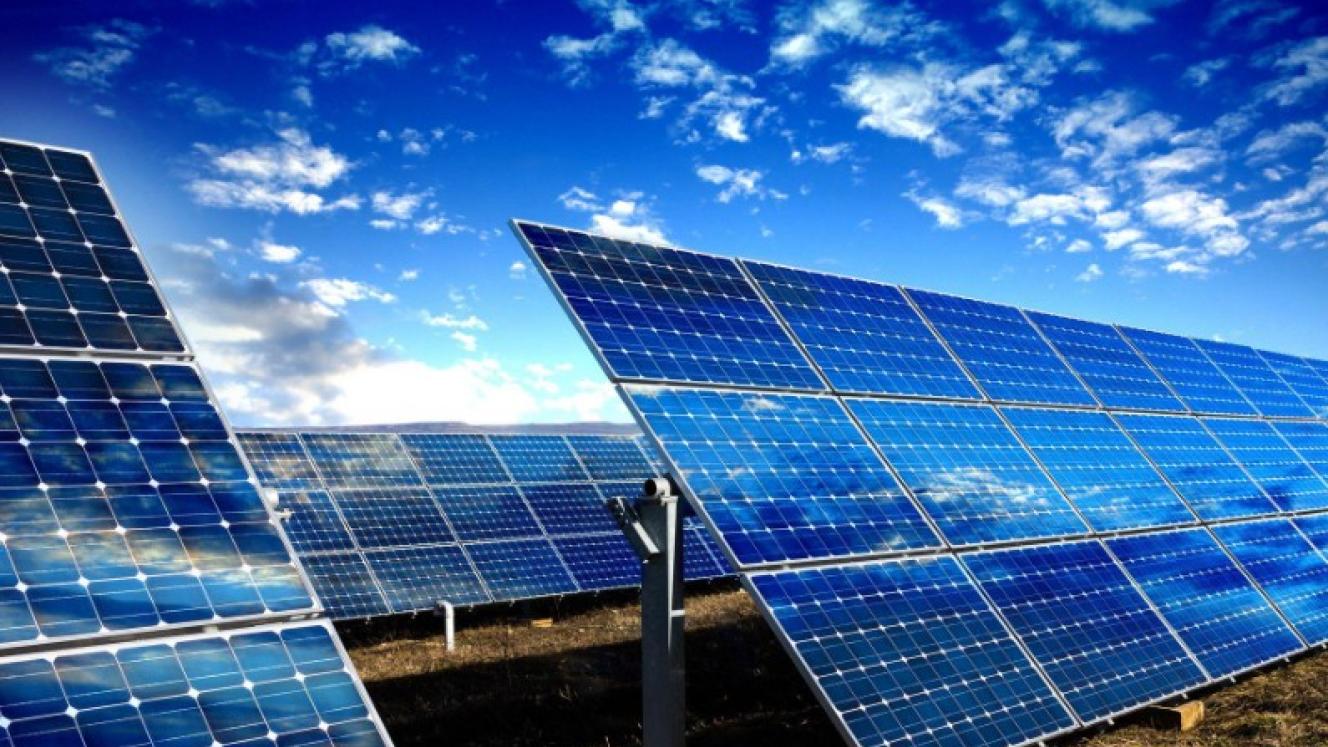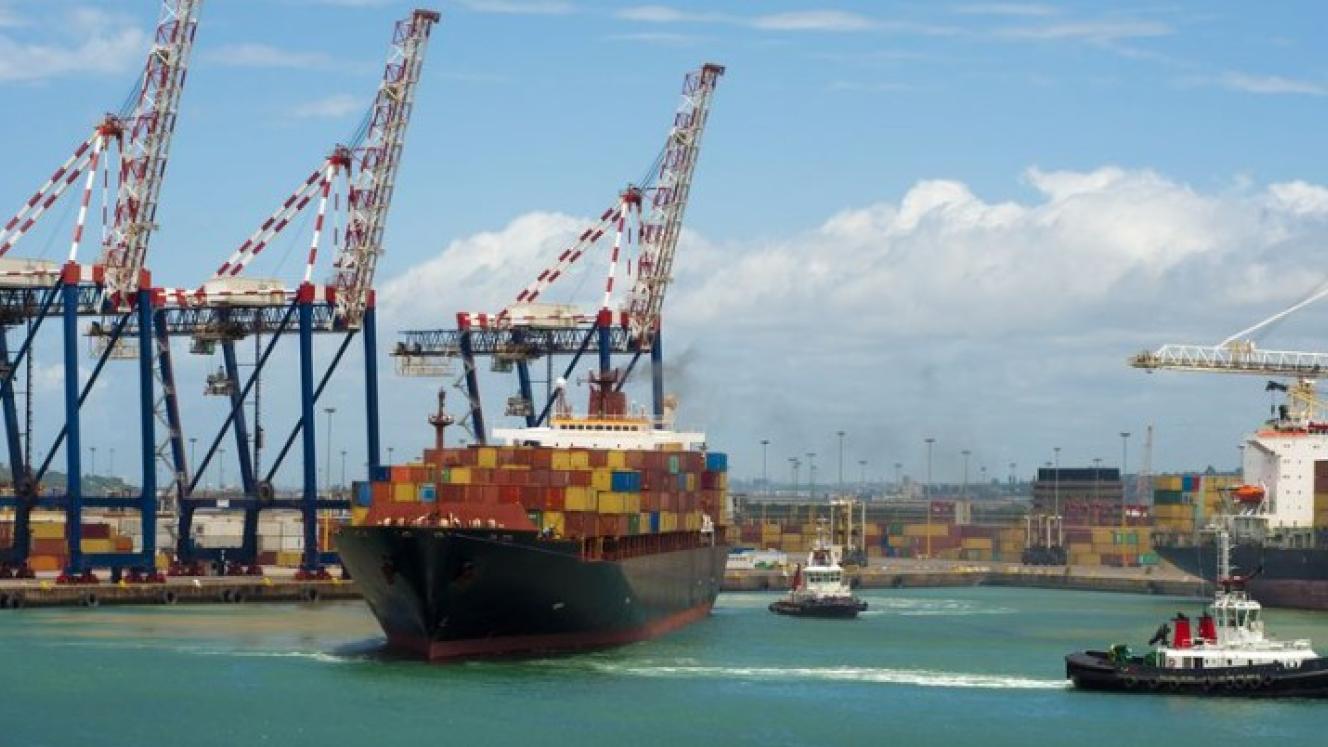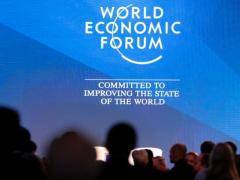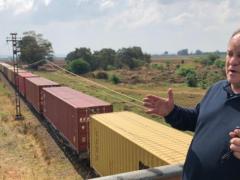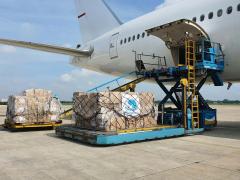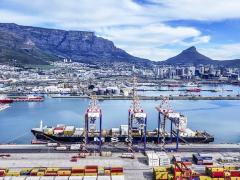Since the International Trade Administration Commission of South Africa (Itac) released guidelines on the implementation of a rebate on the 10% import tariff applicable to solar panels in May, the renewable energy sector has been at the receiving end of an unintended, costly limit on the rebate.
Pieter du Plessis, chief operating officer of XA Global Trade Advisors, explained during a recent webinar that, whereas before importers could apply for the rebate as required, they are now subject to a quota based on the volumes they had ordered in the past and Itac’s calculation of the shortfall existing in the local market.
Importers can also only apply for a rebate once over a 12-month period, regardless of the number of projects they are involved in.
Du Plessis said it was problematic that Itac was calculating access to the rebate by offsetting estimated local production volumes with importers’ historic import volumes, as this disregarded the “massive escalation in project sizes” and the number of projects being rolled out in the renewable energy sector.
Moreover, importers do not even have access to the type of exemptions in place for steel importers, where importers can obtain confirmation from local manufacturers that the product they need is not manufactured in South Africa and can hence be exempt from the import tariff.
He said that as a renewable power project owner, “you’ve got a certain property that you can work with, a certain footprint that you need to populate with panels.
“And you need to find the most efficient way (to do that). And it may very well be that locally available products simply don’t fit your design specification. None of this is taken into consideration (by the Itac formula). And that results in a lot of unpredictability and cost escalations.”
This practice flies in the face of Itac’s own intentions that the rebate “was created to assist where local industry is not yet in a position to meet demand, … to avoid shortages in supply of components that may slow down the [renewable] energy supply roll-out plan.
“We’ve had clients that previously successfully applied for rebate permits that suddenly at best get 20% of the required volume allocated.”
Du Plessis said it was not surprising that Itac was not able to accurately estimate the demand for solar panels in the local market, given “all the diverse companies and project managers and project owners involved, there is no way Itac would even remotely be able to estimate demand”.
It is also not currently clear whether renewable energy projects will continue to qualify for staged consignment exemptions where all components necessary for the completion of a large project are exempted from paying import tariffs with the complete project being classified as a unit.
Du Plessis doubts that importers individually petitioning Itac would have much of an effect on the overall implementation of the flawed formula, and that it may be more effective for as many project owners as possible to combine their efforts and provide Itac with confidential data on import volumes required.
XA is currently canvassing industry to establish interest in such a venture.
